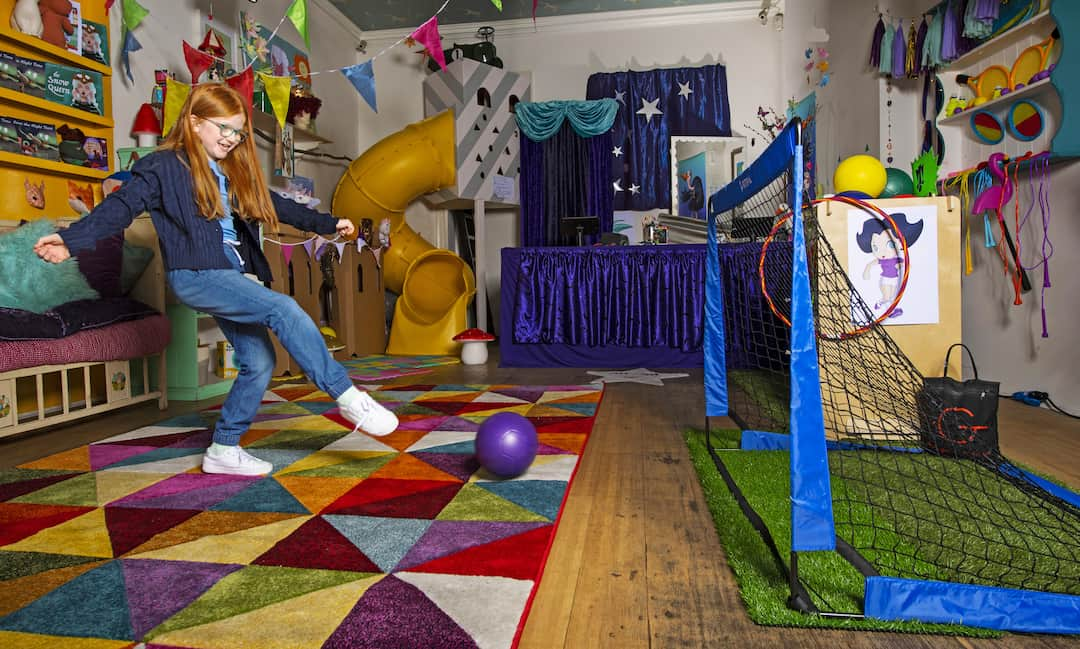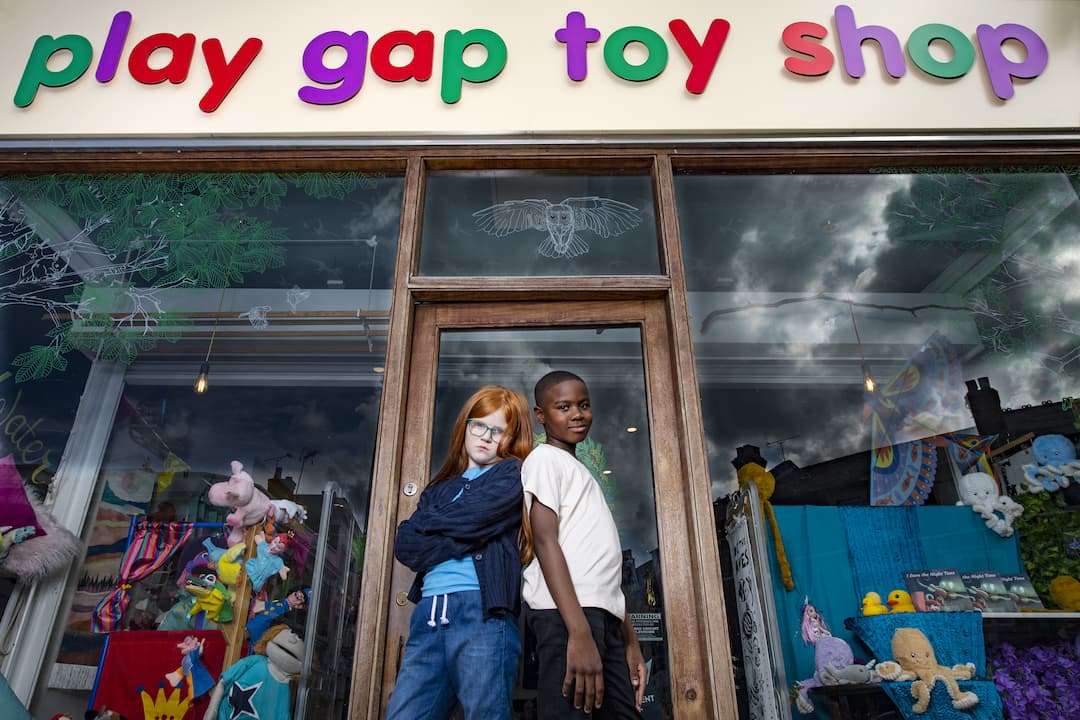Make Pocket Money Equal
It all starts in the home: why the household economy matters
It all starts in the home: why the household economy matters
By Kate Carter
Kate Carter is a freelance journalist who focuses on lifestyle. She writes for the BBC and The Guardian.

If Jane Austen had flat-shared, the start of Pride and Prejudice would have read: “It is a truth universally acknowledged that there is always one flatmate who never, ever, takes out the bins”. Yet in my flat-sharing days, this was at least never a gender issue. I lived with fastidiously tidy men and slobby women – and vice versa.
Perhaps then you have kids, find yourself in a nuclear family, and suddenly deciding who takes the bins out becomes a battleground in gender wars. Are you doing the laundry because it’s your assigned gender role and you are thus conforming to all the stereotypes you fight hard for your daughters to be freed from? Or just because you prefer it to the alternative, which is watching your white T-shirts turn pink and your handwash-only items shrink to fit the teddy bear? Does your husband take the bins out because that’s what his dad did, or because he gets home earlier on bin night?
Theoretically, it shouldn’t really matter who does what, as long as it’s fair. One parent may simply have more time on their hands than the other. Someone with a smartphone whose battery doesn’t die every 30 minutes is probably better off in charge of paying the bills and checking their Starling balance. And some people are better at DIY than others: in my household, one member (who shall remain nameless but definitely wasn’t me), once put together an Ikea TV stand backward. It shouldn’t even be possible to do that – you’ve almost got to admire it.
“Theoretically, it shouldn’t really matter who does what, as long as it’s fair”

In my experience, children are extremely hot on things being ‘fair’, so, as long as they understand household chores are divided fairly – whatever that fairness looks like – then peace should reign. At least that’s the theory. In practice, of course, it can get much more complicated. The last few years have shown that, despite all the strides forward we have made, mothers carry far more of the burden of domestic labour – even when they work full time. An ONS survey found that women took on 78% more childcare than men during the first lockdown (I won’t even mention home schooling for fear of triggering panic amongst fellow mothers. I feel you).
And all that’s before we start totting up the laundry, the cooking, the cleaning, the domestic burdens of running a household. All of which, women often still do more. If children grow up seeing this, they absorb it, and internalise it as their ‘normal’. And exactly the same thing happens if finance becomes something that only dads deal with. If we can set an equal example, then children will see finance in a less gendered way. In fact, these days banks like Starling have made it so easy to get on top of your finances digitally, that it’s one of the easier household chores. So mothers: nab it for yourself. Let your other half do the art homework with the kids, order the school uniform, or whatever other task he claims is “your department”.
“If we can set an equal example, then children will see finance in a less gendered way”

In fact, the Make Pocket Money Equal report reveals that, as parents, our own experience of financial education varies hugely. Dads report that they had a much more positive experience of financial education as kids, whereas Mums report a more negative one. And yet despite this, they are the ones who bear the brunt of educating their own kids. Hardly surprising, then, that the knock-on effect is passing on the idea that women don’t like dealing with finances.
The ideal solution – and I’m well aware this is easier said than done – might be for both parents to talk about finances and money, but each playing to their own strengths. Some parents might excel at maths, while others are better at communicating abstract financial concepts like “value” and presenting things as a bigger picture. We all, adults and children, tend to look at people who have the things we don’t – better toys, more sweets, bigger houses, better cars – and forget to appreciate how lucky we are. I think that’s good for kids to appreciate, and I think I’m better at communicating it better than my husband is – but it could just as easily be the other way around.
The ideals of equality often headbutt against the reality of family life, but I think that if you just spend a tiny bit of time thinking about why you have self-assigned a particular role, it might be fruitful. If you do the cooking because you love it, great. But if you don’t talk about household finances just because you feel that’s not your role, think again. Even if it means embracing the odd sum.
